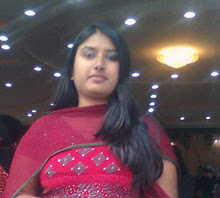Friday, December 4, 2009
Madness and civilisation(1967),since the speech of those people who have been considered to be insane is not attended to;it is treated as if it did not exist. To give an example, those people in Britain who have been certified as mentally ill and who have been prescribed certain drugs to help their condition, now, because of changes in the legislation, are not able to state authoritatively that they do not wish to take such medication. They may well state that they do not want to take the drugs but it is now possible that the authorities will ignore their statements and force them to take the medication. In this sense, only the statement of those considered sane are attened to. The division between true and false is the third exclusionary practice described by Foucault; those in positions of power will be considered not to be speaking the truth. The notion of the truth should not be taken as self-evident; he shows in his work how truth is something which is supported materially by a whole range of practices and institutions; universities, government departments, publishing houses, scientific bodies and so on. All of these institutions work to exclude statements which they characterise as false and they keep in circulation those statements which they charactereise as false and they keep in circulation those statements which they characterise as true. For Foucault, only those statements which are 'in the true' will be circulated: The Archaeology of Knowledge(1972), he argues that it is always possible one could speak the truth in a void; one would only be " in the truth" however if one obeyed the rules of something which as far as we know it is "the truth", our statement will only be judged to be "true" if they accord with, and fit in with, all of the other statements which are authorised within society.[Routledge edge critical thinkers, Sara Mills]
Subscribe to:
Post Comments (Atom)

No comments:
Post a Comment